NEW YORK—Volumes and volumes of words are spoken during a Grand Slam tournament, and it would be a Herculean task to sift through them all to find the most intriguing. So let’s just take the most interesting or thought-provoking things said by the champions in their respective final press conferences, and toast the feats they just completed:
They Said What? U.S. Open Champions Edition
By Sep 10, 2014International Tennis Hall Of Fame
International Tennis Hall of Fame launches “Be Legendary” youth program in Melbourne, Indian Wells and Miami
By Dec 05, 2024Nadal's farewell
Bob Bryan on Rafael Nadal the doubles player: “The ultimate competitor”
By Nov 18, 2024Tennis.com Interview
Captains America: Bob Bryan and Lindsay Davenport chase the Davis Cup and Billie Jean King Cup at the same venue
By Nov 12, 2024International Tennis Hall Of Fame
Maria Sharapova and the Bryan brothers are elected to the International Tennis Hall of Fame
By Oct 24, 2024The Bryan brothers' path to the Hall of Fame began at Roland Garros
By Oct 24, 2024International Tennis Hall Of Fame
Maria Sharapova, Bob and Mike Bryan nominated for International Tennis Hall of Fame
By Sep 03, 2024Olympic Tournament
Kathy Rinaldi, Bob Bryan to coach U.S. tennis teams at the Paris Olympics
By May 27, 2024Served Podcast
“Bob did the old switch-a-roo”: Bryan Brothers swapped Olympic gold medals, but not by choice
By Apr 14, 2024Tennis.com Interview
Twenty years ago, the Bryan brothers broke through at Roland Garros
By Jun 10, 2023They Said What? U.S. Open Champions Edition
Words from the winners, whose achievements we recognize.
Published Sep 10, 2014
Advertising
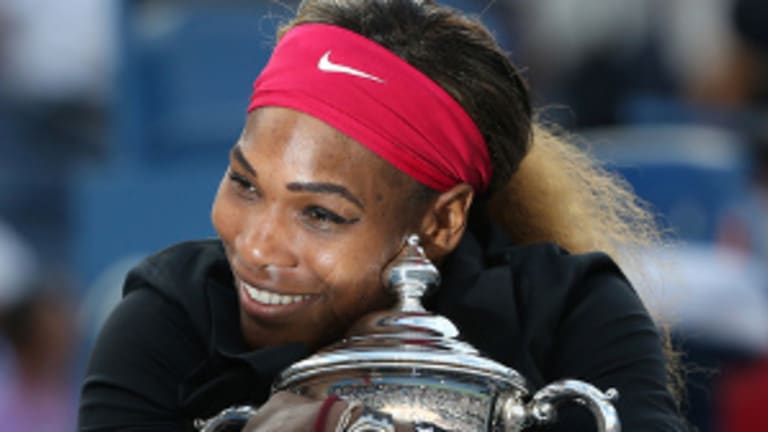
They Said What? U.S. Open Champions Edition
© AP
Advertising
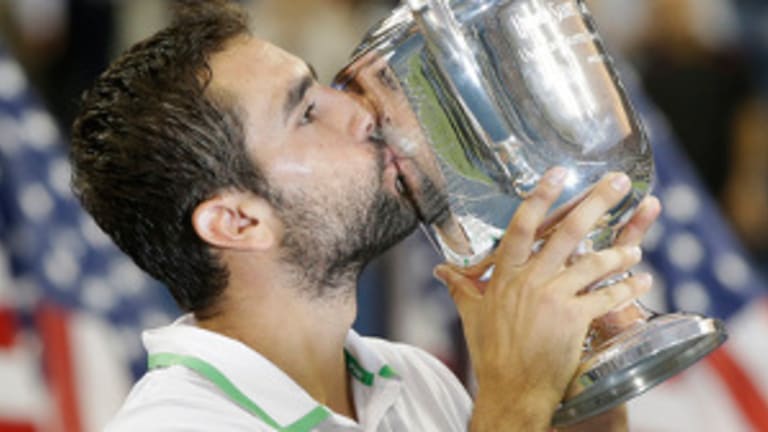
They Said What? U.S. Open Champions Edition
© AP
Advertising
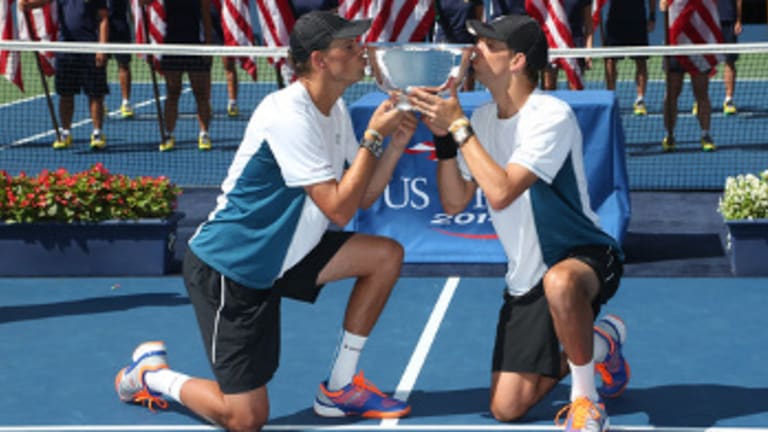
They Said What? U.S. Open Champions Edition
© AP
Advertising
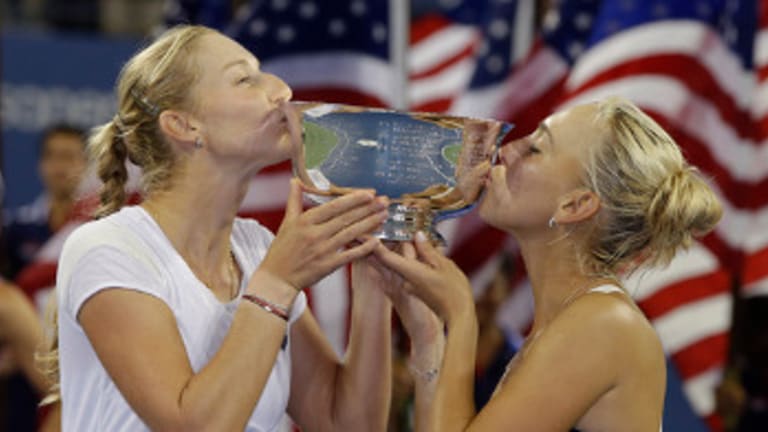
They Said What? U.S. Open Champions Edition
© AP
Advertising
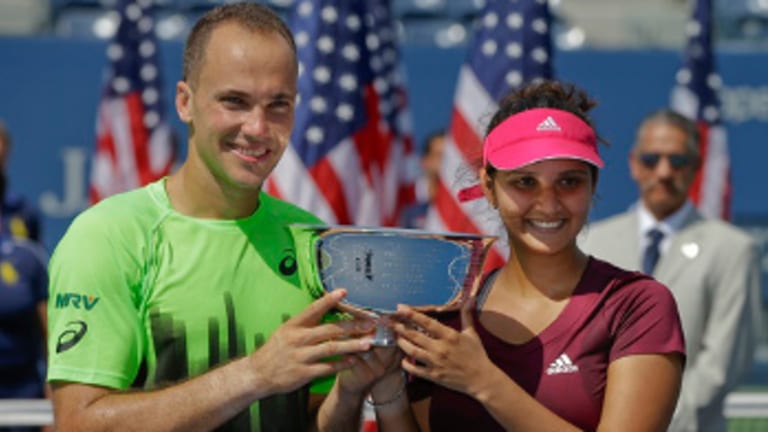
They Said What? U.S. Open Champions Edition
© AP